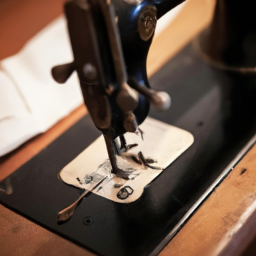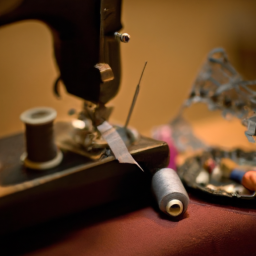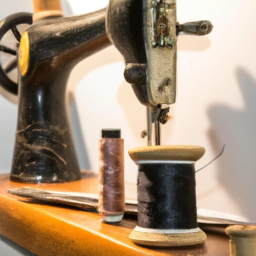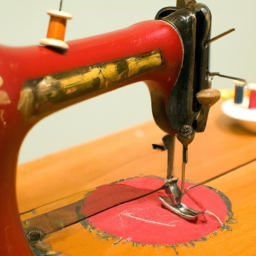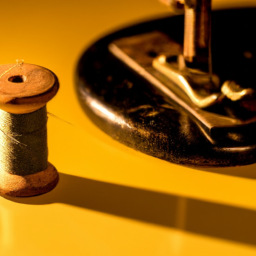
History of Martha Washington Sewing Cabinet

Introduction
The Martha Washington sewing cabinet is a historic piece of furniture that dates back to the 18th century. Named after the famous First Lady Martha Washington, this sewing cabinet played an essential role in the lives of women during that era.
Origins
The sewing cabinet, also known as a sewing table or sewing stand, was primarily designed to store sewing supplies and provide a practical workspace for women engaged in needlework and sewing activities. Martha Washington, wife of President George Washington, was believed to have used this particular style of cabinet in her personal quarters.
Design and Features
The Martha Washington sewing cabinet is typically made of fine wood, with elegant craftsmanship and exquisite detailing. It is often adorned with delicate carvings, brass fittings, and intricate inlays, making it a beautiful piece of furniture.
The cabinet usually consists of multiple drawers, shelves, compartments, and fold-out work surfaces, providing ample storage space for sewing essentials such as needles, threads, patterns, and fabric. Some versions even incorporated hidden compartments for storing valuables.
Functional Significance
During the 18th-century, needlework and sewing were important skills for women, reflecting their domesticity, refinement, and creativity. The sewing cabinet enabled women to keep all their sewing supplies organized and easily accessible, saving them valuable time and effort.
Moreover, the fold-out work surfaces provided a dedicated space for sewing, ensuring optimal comfort and convenience. This allowed women to work on their various needlework projects efficiently, from stitching clothes to creating intricate embroidery or lacework.
Legacy
The Martha Washington sewing cabinet remains an iconic symbol of the rich history of sewing and its cultural significance. Today, these cabinets are cherished as valuable antique collectibles and are often displayed in museums and private collections, showcasing the craftsmanship and artistry of a bygone era.
While modern sewing machines have largely replaced manual needlework, the Martha Washington sewing cabinet serves as a reminder of the heritage and traditions that shaped women’s lives in the past, inspiring us to appreciate their skills and contributions.
Conclusion
The Martha Washington sewing cabinet stands as a testament to the creativity and resilience of women throughout history. Its elegant design and practical functionality continue to capture the imagination of people today, allowing us to connect with the past and honor the legacy of women in the field of sewing.
